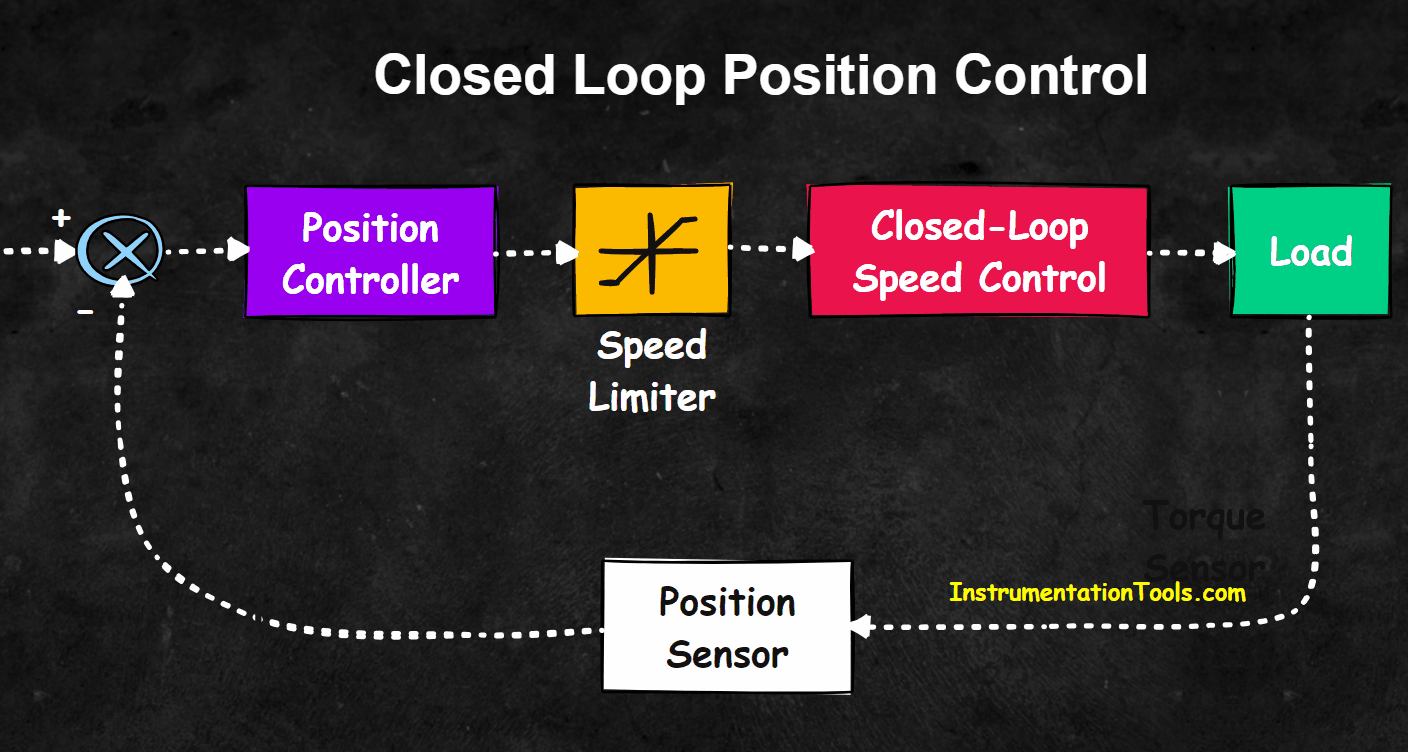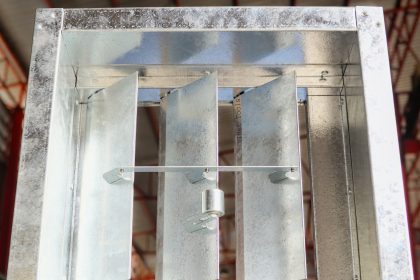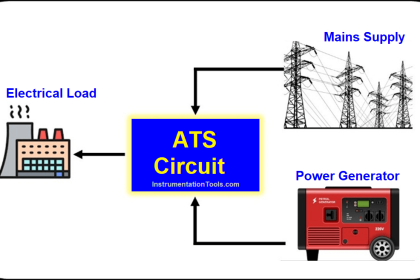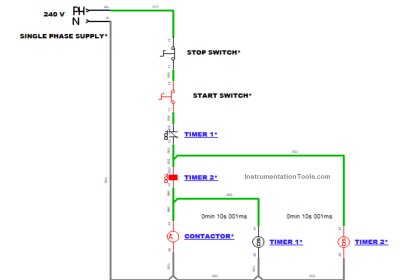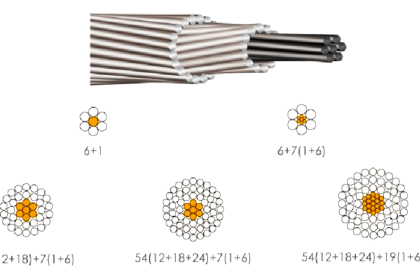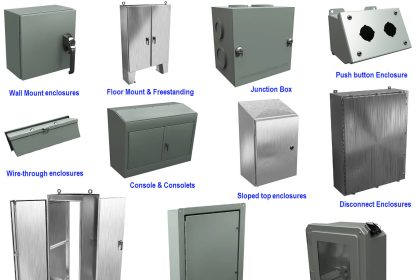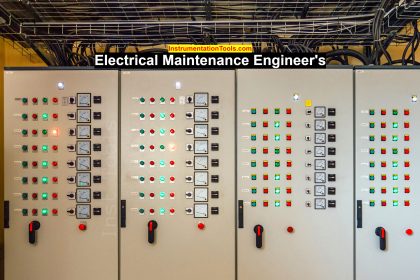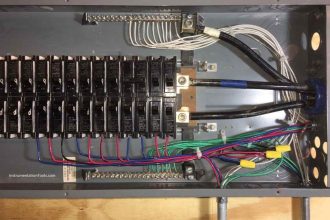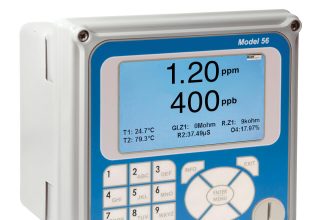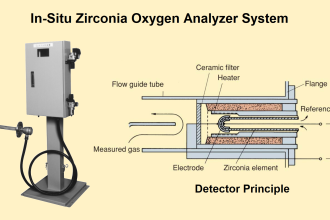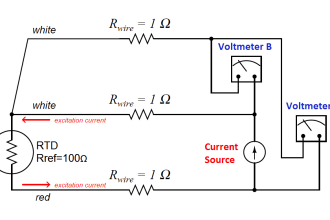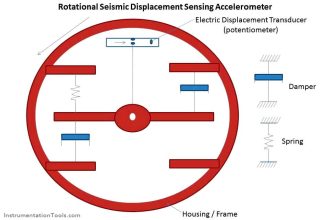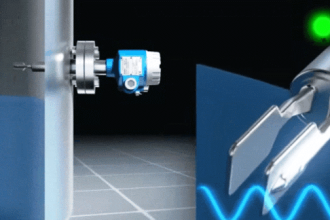In this article, you will learn the difference between PVC, XLPE, and Insulated Cables, and their features and characteristics.
What is a PVC Cable?
A Poly Vinyl Chloride (PVC) cable is an electrical cable coated with PVC that provides superior insulation and protection to the main wire. They don’t have chemical properties and can thus be widely used in a variety of chemical industries. They are waterproof in nature & they are suitable for both high and low temperatures.
PVC-insulated cables offer the following benefits:
- They are extremely adaptable in a variety of weather conditions.
- They have a low relative permeability, which means they rarely allow liquids or gases to pass through.
- They are less expensive than many other types of electric cables.
- Suitable for the standard configuration of power stations to rated AC voltages of 450/750V or less.
- PVC has a wide range of common plastics in the world, and it is very wide.
- Polyvinyl chloride is poorly stabilized.
- The softening point is 176 degrees Fahrenheit.
- Decomposition begins at 266 fairness.
- It emits toxic smog that is harmful to the human body when burned.
What is Cross Linked Polyethylene XLPE Cable?
XLPE stands for cross-linked polyethylene. It is named because polyethylene is insulated with it.
They also provide several advantages such as
- They can be used in extreme weather conditions, such as hot summers and cold winters.
- They are resistant to cracking, abrasion, and scratching, and they limit radiation effects.
- They can be used in high-voltage applications.
- They are waterproof and thus can be used in moist or wet environments.
- These cables are appropriate for distribution networks, industrial devices, and other parts requiring high-capacity electrical applications.
- It was used to secure it to an AC 50Hz power transmission line, with a rated voltage of 6kV 35kV.
- Its primary function is to communicate power.
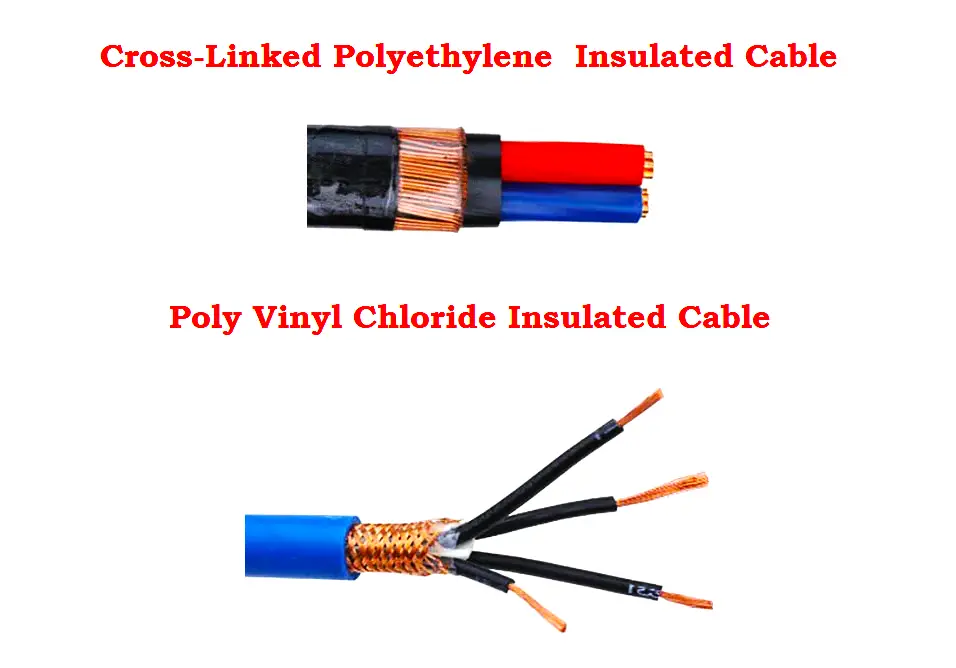
Characteristics of XLPE Cable
- Simple Structure
- Lightweight
- Better Hot Resistance
- Strong Load Capacity
- Not Easy to Melt
- Chemical Corrosion
- High Mechanical Strength
Features of XLPE Cable
Heat Resistance:
- XLPE is extremely heat resistant.
- It does not decompose or carbonize, has a long working temperature of 194 degrees Fahrenheit, and can provide heat for up to 40 years.
Insulation Properties: XLPE retains its original good insulation properties while increasing insulation resistance.
Mechanical Properties:
- New chemical bonds were developed among the macromolecules.
- Some properties such as hardness, stiffness, wear resistance, and impact resistance are now improved.
- Filling the gaps left by PEs vulnerable to environmental stresses and cracks.
Chemical Resistance:
- XLPE has excellent acid and oil resistance properties.
- Combustion products such as water and carbon dioxide are less harmful to the environment and meet modern fire safety standards.
Differences between PVC and XLPE Insulated Cable
When deciding the appropriate cable type for the required industrial project conflicts arise between installing PVC insulated cable and XLPE cable.
We must select a type of low voltage of 0.6/1kv cable for our industrial project. Generally, we go for PVC insulated cable and XLPE insulated cable.
But we must know the differences between these two cables which are popularly used. XLPE cable is similar to the improved version of Poly Vinyl Chloride cable.
XLPE insulated cable has some benefits that PVC doesn’t
- Lighter Weight.
- Small Diameter
- Convenient Installation
- Simple Accessories
- Strong Load Capacity
- High Heat Resistance
- No Chemical Corrosion
The maximum working temperature of:
- PVC insulated Cable is 70 Degrees Centigrade,
- XLPE insulated Cable is 90 Degrees Centigrade.
Maximum short temperature below 5 seconds:
- PVC insulated Cable is 160 Degrees Centigrade,
- XLPE insulated Cable is 250 Degrees Centigrade.
Service life: XLPE insulated cable has better service life compared to PVC insulated cable.
Cost: The price of XLPE insulated cable is higher whereas PVC insulated cable is cheaper.
WaterProof Performance in Application Environment: PVC insulated cable exhibits better Water Proof Performance compared to XLPE insulated cable.
Environment Protection:
When compared to PVC insulated Cable, XLPE insulated Cable is more environmentally friendly since XLPE doesn’t contain chlorine that liberates toxic gases on burning.
Life span with good Performance:
- XLPE insulated Cable spans more than PVC insulated Cable in the long run.
- Since the price of XLPE is a little higher.
- Considering all factors like environmental protection, service life, and safety issues XLPE insulated cable marks good.
| Factor | PVC Cable | XLPE Cable |
| Electric Load | Suitable for Regular Loads | Suitable for Greater Loads |
| Installation | Easy to Install | Hard to Install |
| Heat Resistance | Average | Good |
| Chemical Resistance | Good | Very Good |
| Max Operating Temp. | 70 Degrees C | 90 degrees C |
| Short Circuit Temp. | 160 Degrees C | 250 degrees C |
| Min Operating Temp | -15°C | -400 C |
| Health | Toxic | Neutral |
| Toughness | Good | Poor Compare to PVC |
| Cost Saving | Costlier than XLPE | Cheaper than PVC |
What is the Colour of the XLPE cable?
Generally, XLPE cables are constructed with large dielectric grade cross-linked polyethylene for insulation.
Red, Yellow, Blue, and a reduced neutral core in Black are the three half-core colors.
How to identify the cable for PVC or XLPE?
Observe the cable clearly for legend marking, these markings are Australian standard codes used for installation.
- If it represents V-90 then it is PVC insulated cable.
- If it represents X-90 then it is XLPE insulated cable.
Which Cable is better either XLPE insulated cables or PVC insulated cables?
When compared to PVC, XLPE has higher tensile strength, elongation, and impact resistance.
This cross-linking process also improves the material’s resistance to oil and chemicals at high temperatures, making XLPE a popular choice for LSZH Flame Retardant or Fire Resistant cables.

